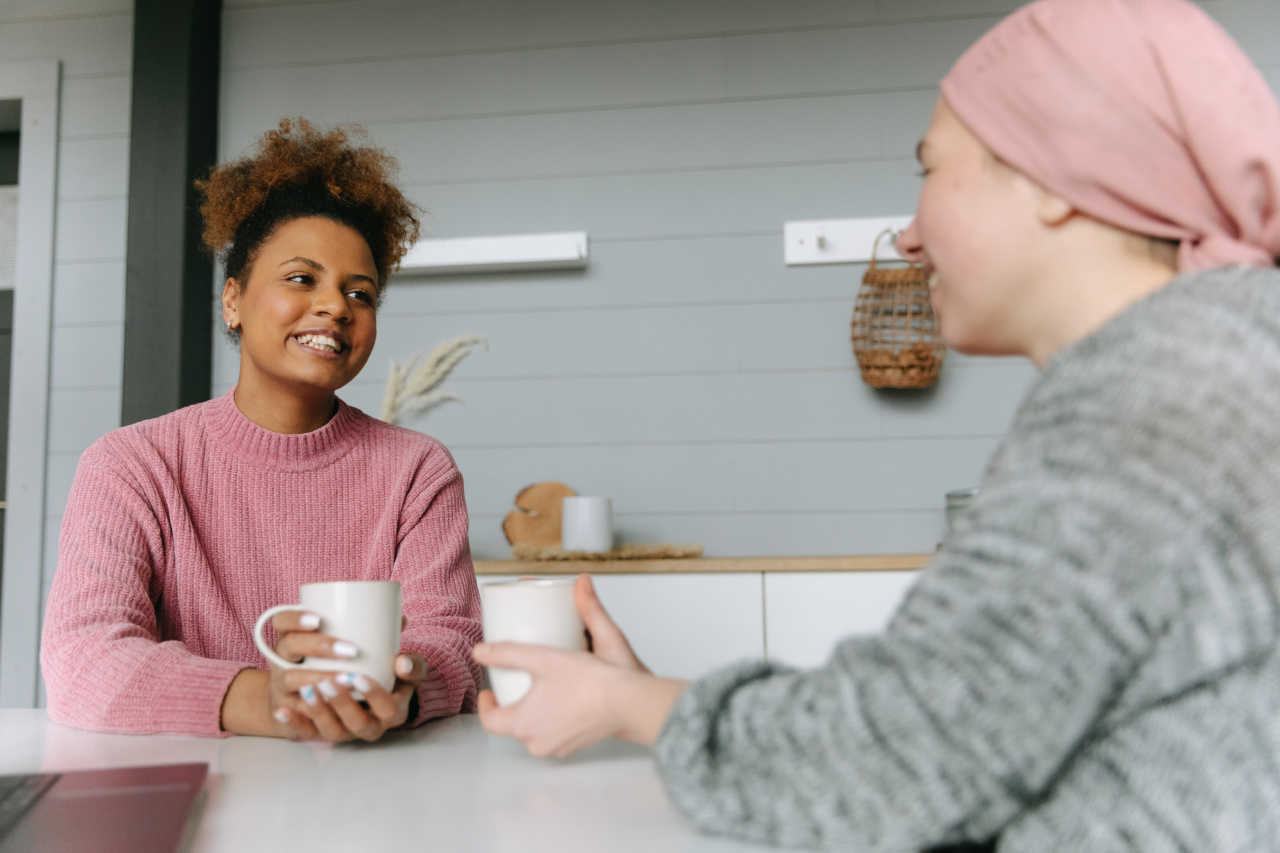Liver cancer is a serious disease and is the fourth most common type of cancer worldwide. In 2020, there were an estimated 905,677 new cases of liver cancer globally, and it accounted for 7.3% of all cancer deaths.
The risk factors for liver cancer include viral hepatitis, excessive alcohol intake, and liver cirrhosis. However, several studies have suggested that drinking coffee may reduce the risk of liver cancer by almost 50%.
The Study
The study was conducted by researchers from Italy, and it involved 1,090 patients with hepatocellular carcinoma (HCC) and 2,200 controls.
The participants were asked about their coffee consumption habits, and their responses were used to determine the association between coffee intake and HCC risk.
The Results
The results of the study were published in the journal, Clinical Gastroenterology and Hepatology.
The study found that individuals who drank at least two cups of coffee a day had a 44% lower risk of developing liver cancer compared to those who did not drink coffee. Furthermore, the study showed that the protective effect of coffee was dose-dependent, which means that the more coffee consumed, the greater the reduction in liver cancer risk.
The Mechanisms
The mechanisms by which coffee reduces the risk of liver cancer are not yet fully understood.
However, some studies have suggested that the bioactive compounds in coffee, such as caffeine, chlorogenic acid, and cafestol, may have a protective effect on the liver. These compounds are believed to have antioxidant and anti-inflammatory properties that can reduce liver damage and inflammation, both of which are risk factors for liver cancer.
In addition, coffee may also reduce insulin resistance, which is a risk factor for liver cancer.
The Limitations
Despite the promising findings, the study has some limitations. Firstly, the study was conducted in Italy, and the results may not be applicable to other populations.
Secondly, the study relied on self-reported coffee consumption data, which may be subject to recall bias. Lastly, the study did not differentiate between types of coffee, such as decaf or instant coffee, which may have different bioactive compounds and effects on health.
The Implications
The findings of the study have important implications for public health. Liver cancer is a common and deadly disease, and there are few effective treatment options available.
Therefore, prevention is key, and drinking coffee may be a simple and inexpensive way to reduce the risk of liver cancer.
The World Health Organization (WHO) has also recognized the potential of coffee in reducing the risk of liver cancer and has classified coffee as a Group 3 carcinogen, meaning that it is not carcinogenic, but it may have a protective effect on some types of cancer.
Conclusion
Drinking at least two cups of coffee a day may reduce liver cancer risk by almost 50%.
The bioactive compounds in coffee, such as caffeine and chlorogenic acid, may have protective effects on the liver and reduce inflammation and insulin resistance, which are risk factors for liver cancer. However, more research is needed to fully understand the mechanisms by which coffee reduces the risk of liver cancer and to determine the optimal dose and type of coffee required for maximum protection.




























